First time buyers get 20% off *
Vocalise Etude (Szymanowski) (1928)
Karol Szymanowski (1882 – 1937)
Any Saxophone with Piano
Vocalise Etude (Szymanowski) by Karol Szymanowski arranged for Any Saxophone with Piano. Szymanowski’s works can be roughly divided into three periods: the first is heavily influenced by Scriabin, Wagner, and other post-romantic composers; the second is an independent interpretation of atonality, and the third draws on Polish folk idioms. Although Vocalise Etude is a later work, it revisits the atonal style of his earlier music. If you don’t think an atonal piece can be beautifully melodic, you should give this a try.
The tempo remains slow and steady but the time signature varies throughout the piece. It is in no specific key. The saxophone parts have no key signature but are very chromatic and marked with many accidentals. Once the player moves past that, there is an expressive, lyrical melody to be discovered.
- The range for each saxophone part is shown below.
- Audio and score excerpts are available above.

About the Composer
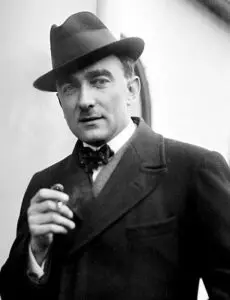 Karol Maciej Szymanowski (3 October 1882 – 29 March 1937) was a Polish composer and pianist. He was a member of the modernist Young Poland movement that flourished in the late 19th and early 20th century.
Karol Maciej Szymanowski (3 October 1882 – 29 March 1937) was a Polish composer and pianist. He was a member of the modernist Young Poland movement that flourished in the late 19th and early 20th century.
Szymanowski was born on October 3, 1882, on his family’s estate in Tymoszówka (now Ukraine). He was raised in a strongly musical, conservative family. Szymanowski began his music education with his father and continued at Neuhaus’s school in Elisavetgrad. In 1901 he went to Warsaw for more regular studies in music. His creative output can be divided into four periods: early career, the World War I period, the 1920s, and 1930s. Early musical studies and activities in Warsaw date from 1901 until 1906 and include membership in a Society for Performing Contemporary Polish Music. Together with his friends, violinist Pawel Kochański and pianist Artur Rubinstein, Szymanowski twice travelled to the USA by way of London in 1920-21, giving concerts that met with critical and popular success. During the years 1924-26 Szymanowski received increasing recognition at home, despite the opposition of conservative sections of musical society. He spent a lot of time in Paris, chiefly for the many performances of his compositions.
Szymanowski received many awards and was appointed to numerous international societies. In 1927 he was offered the directorships of the conservatories of Cairo and Warsaw. He chose Warsaw, despite the much better terms of Egyptian invitation and the opportunity of living in a climate which would have benefited his health, threatened since early childhood by tuberculosis. Szymanowski saw the Warsaw post as a chance to re-establish Polish music education and to form a new generation of Polish composers. The years 1927-29 were entirely taken up by his effort to establish a new model of training. He achieved his aim, but at a very high cost: these were years of creative stagnation and of great physical and nervous stress, which led to a serious crisis in his health. His pulmonary tuberculosis advanced seriously and he had to give up his duties and go to a sanatorium in Davos. The following two years (1930-31) were the period of his greatest stability, success and prosperity. He rented a house “Atma” in Zakopane. In 1930 he was appointed rector of the Warsaw Academy of Music and made an honorary doctor of Kraków’s Jagiellonian University. He was elected to the highly select group of honorary members of the ISCM. The Stabat Mater brought him widespread renown, and in 1932 the opera King Roger was presented in Prague. In April 1936 he experienced his greatest popular success when his ballet Harnasie, which had received its premiere in Prague in the previous year, was presented at the Paris Opera and was highly praised by critics and public alike. He died shortly after a move to a sanatorium in Lausanne on 24 March, 1937.

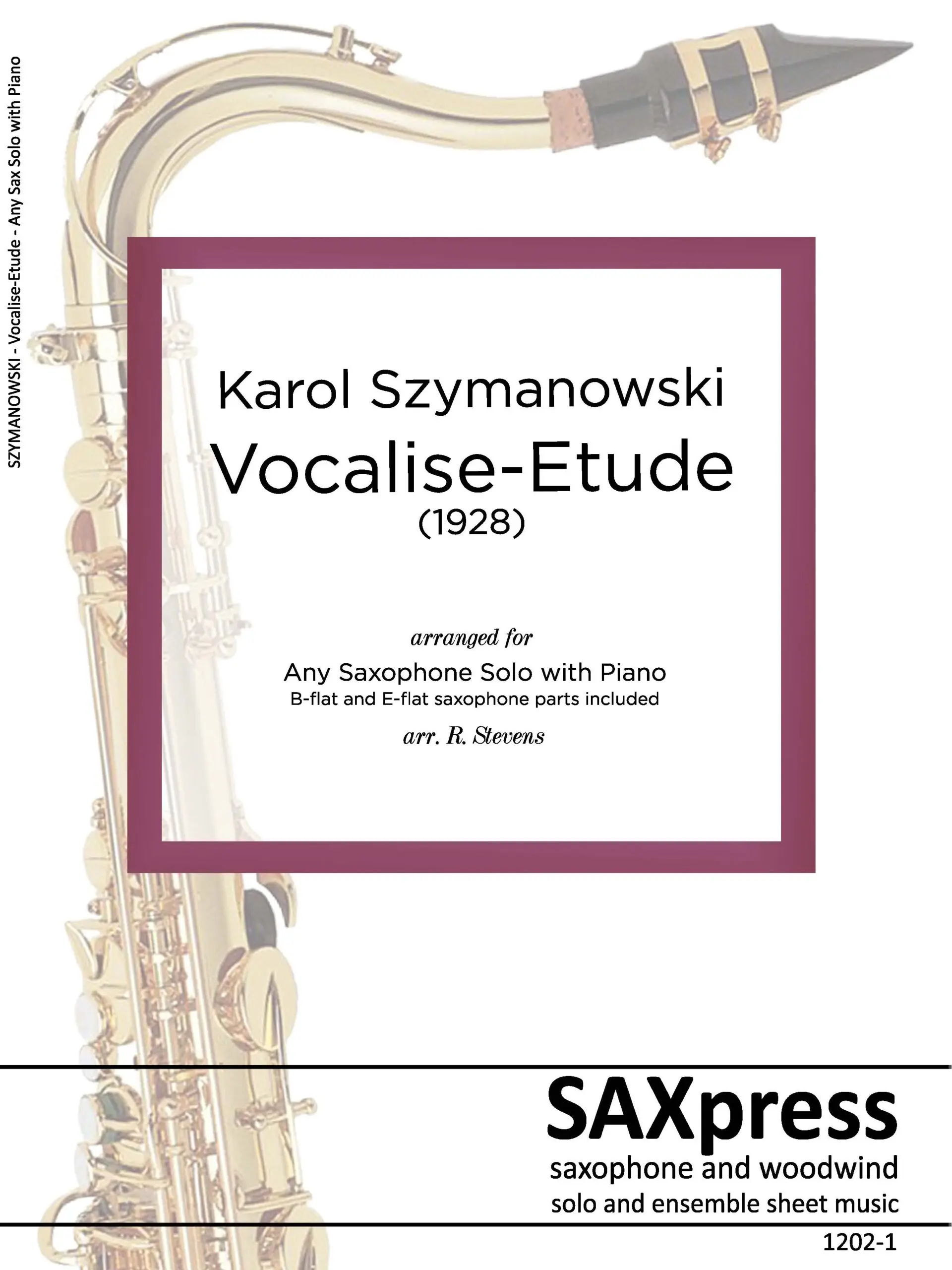
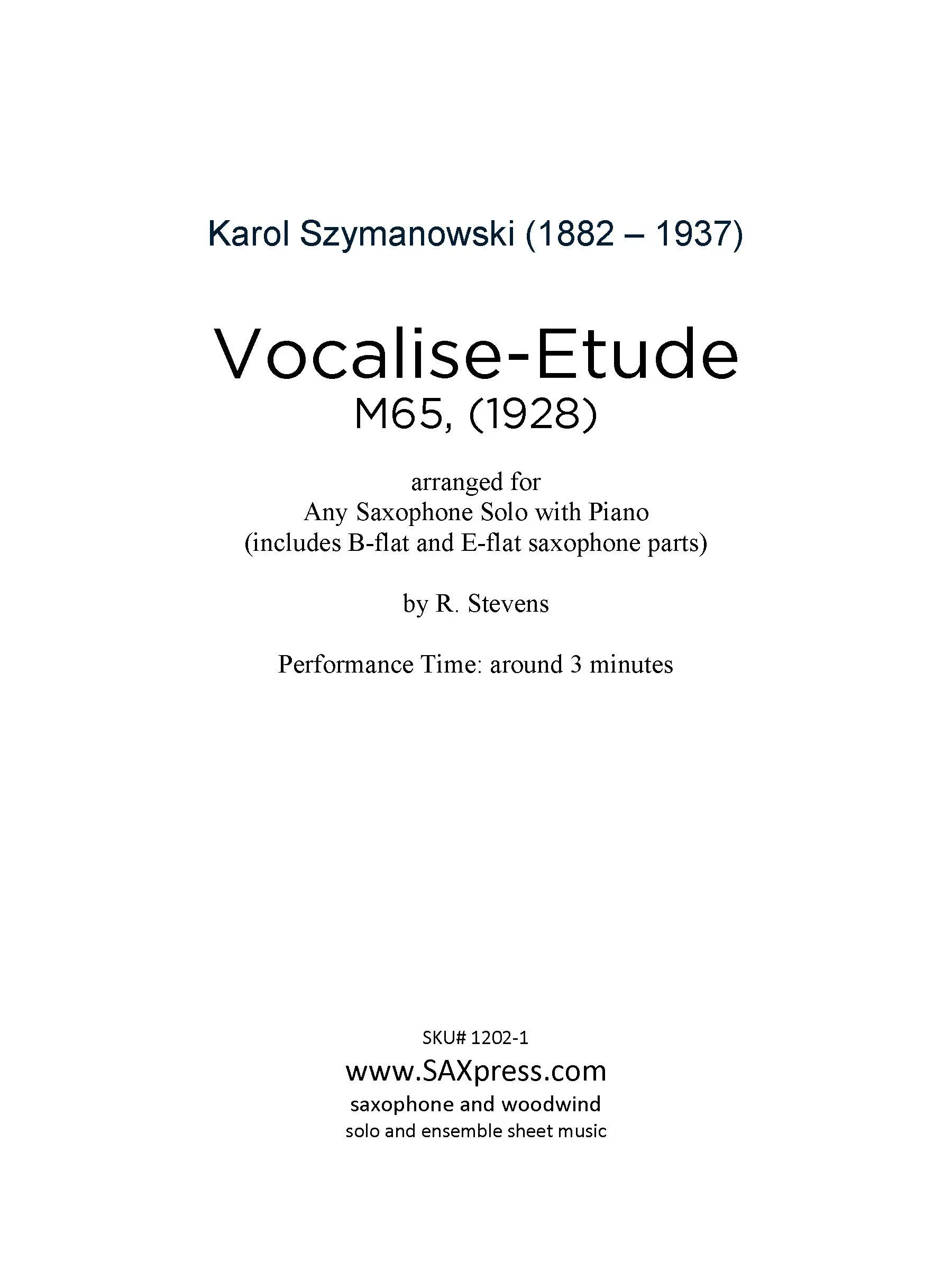
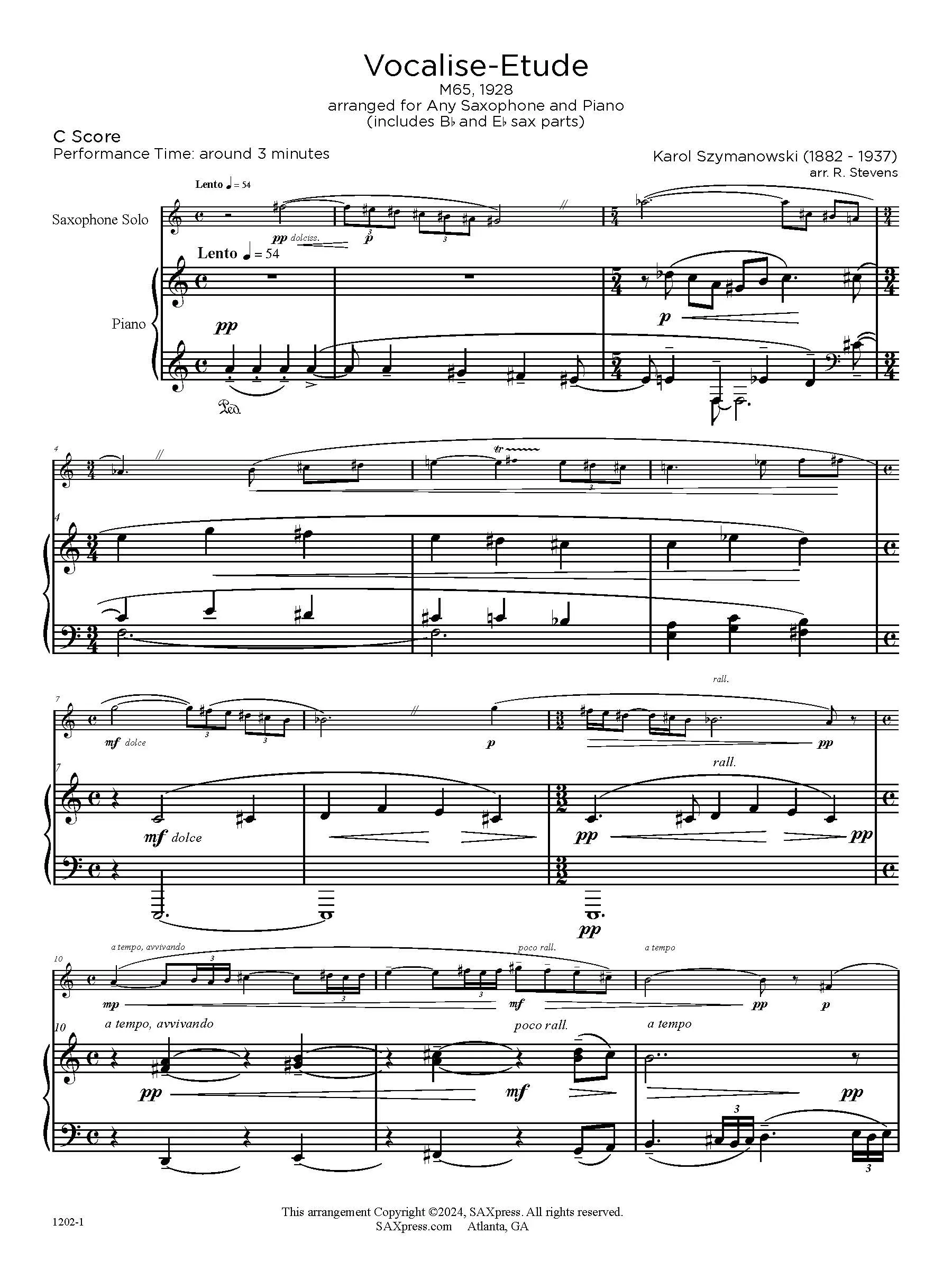
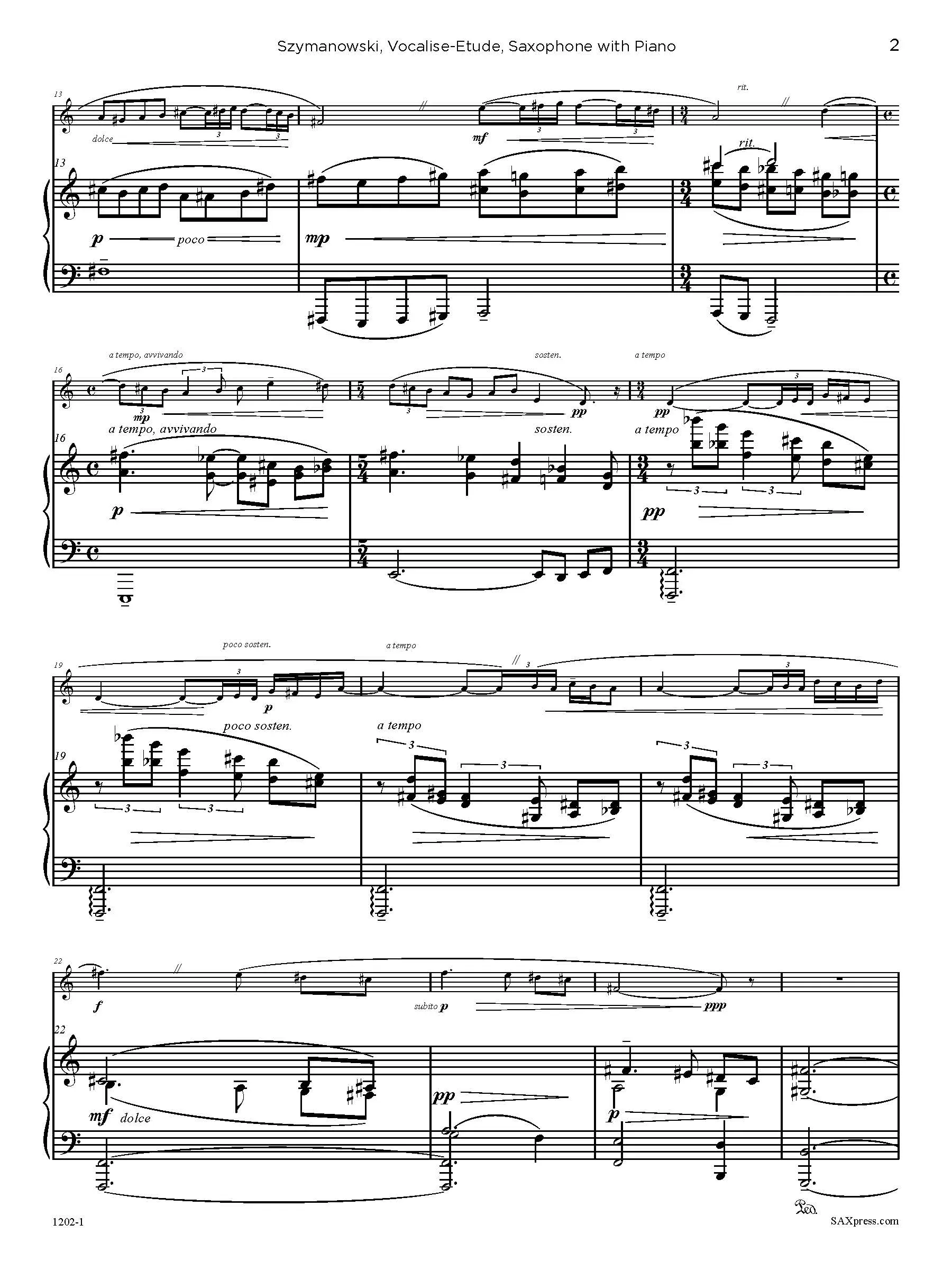
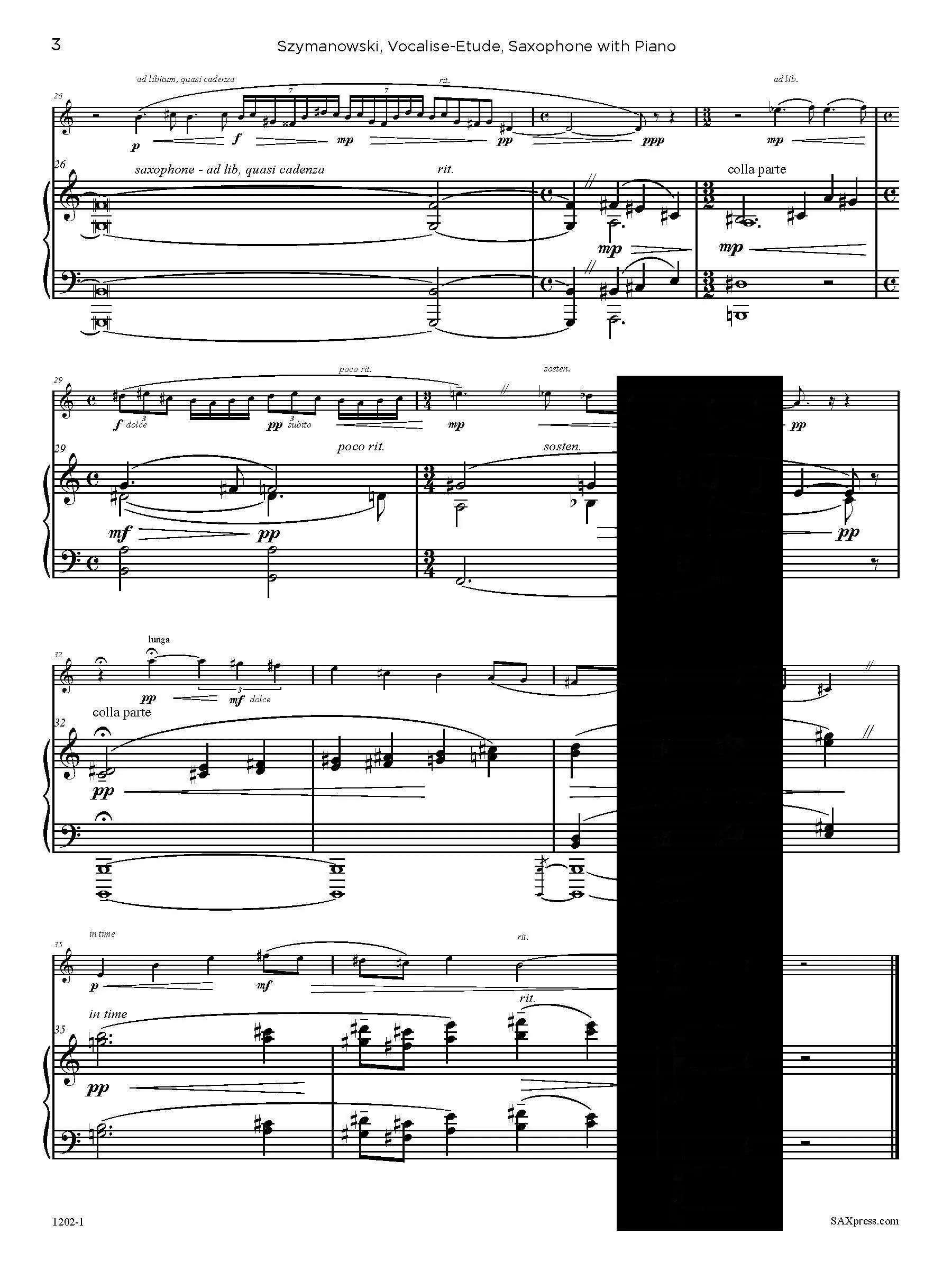
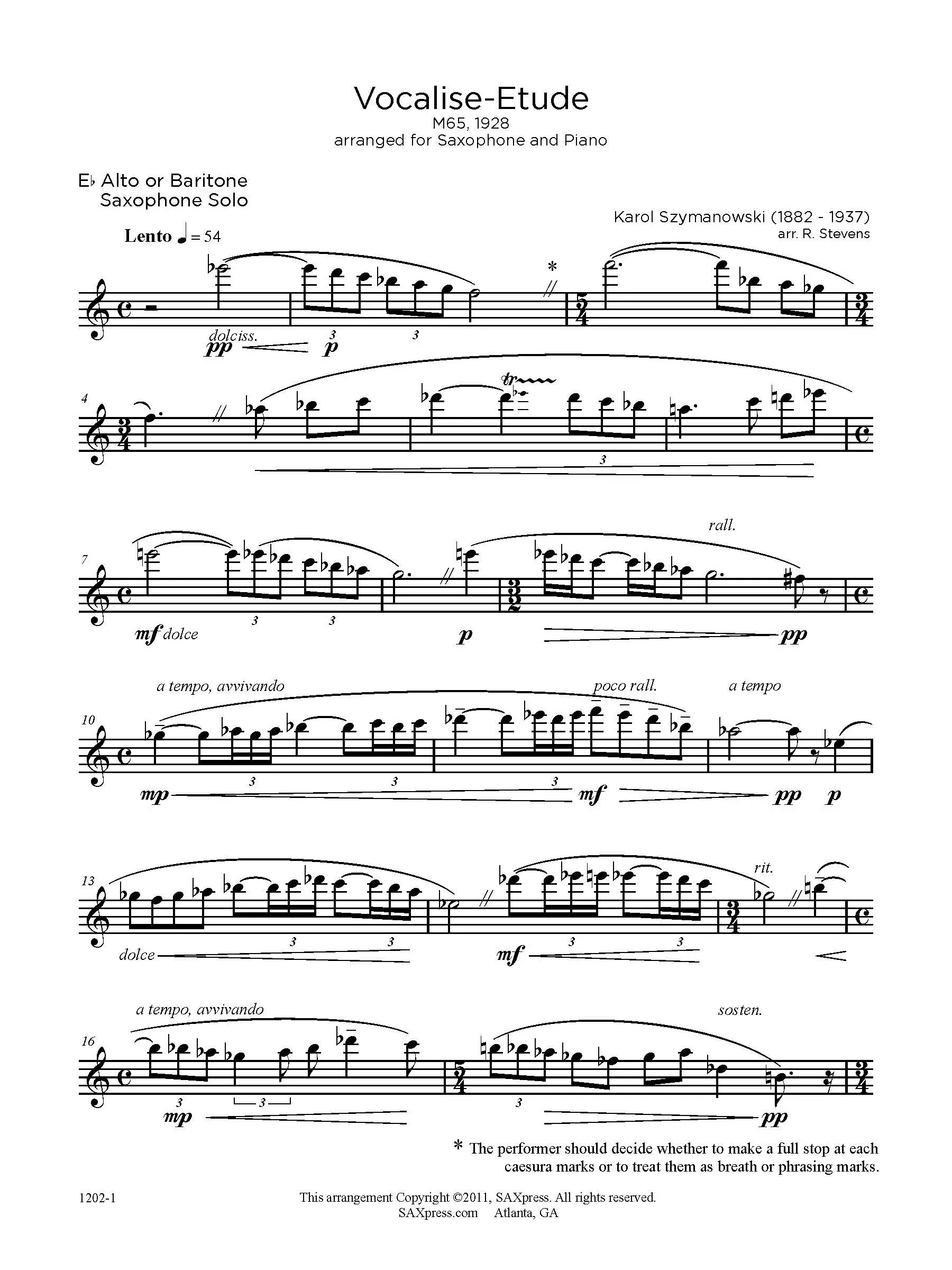
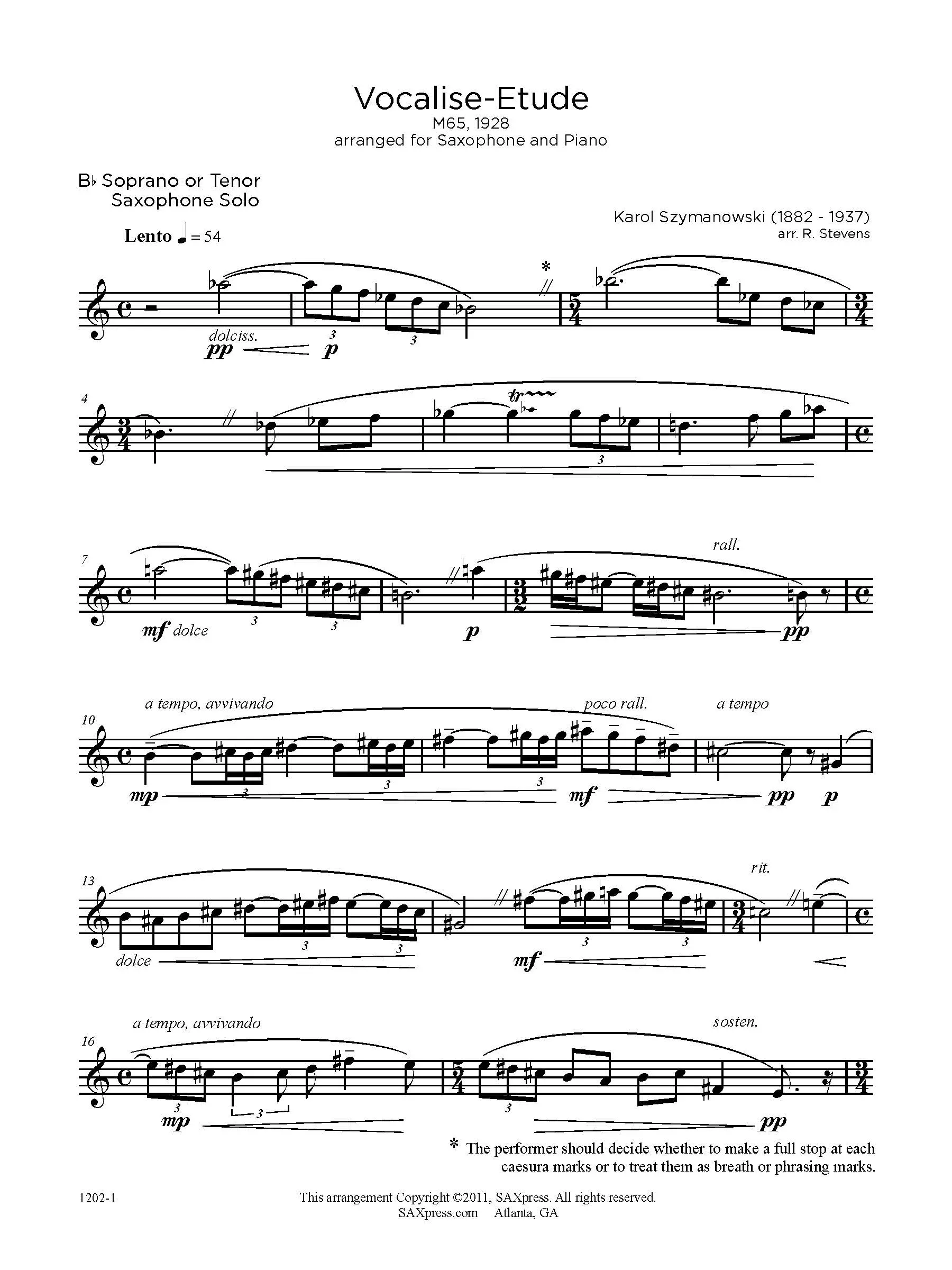
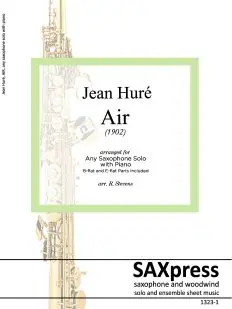
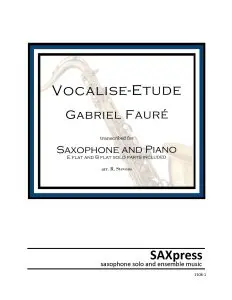
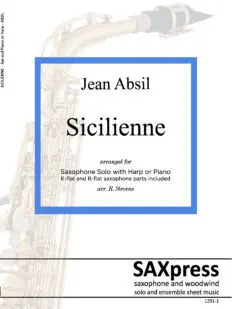
Reviews
There are no reviews yet.